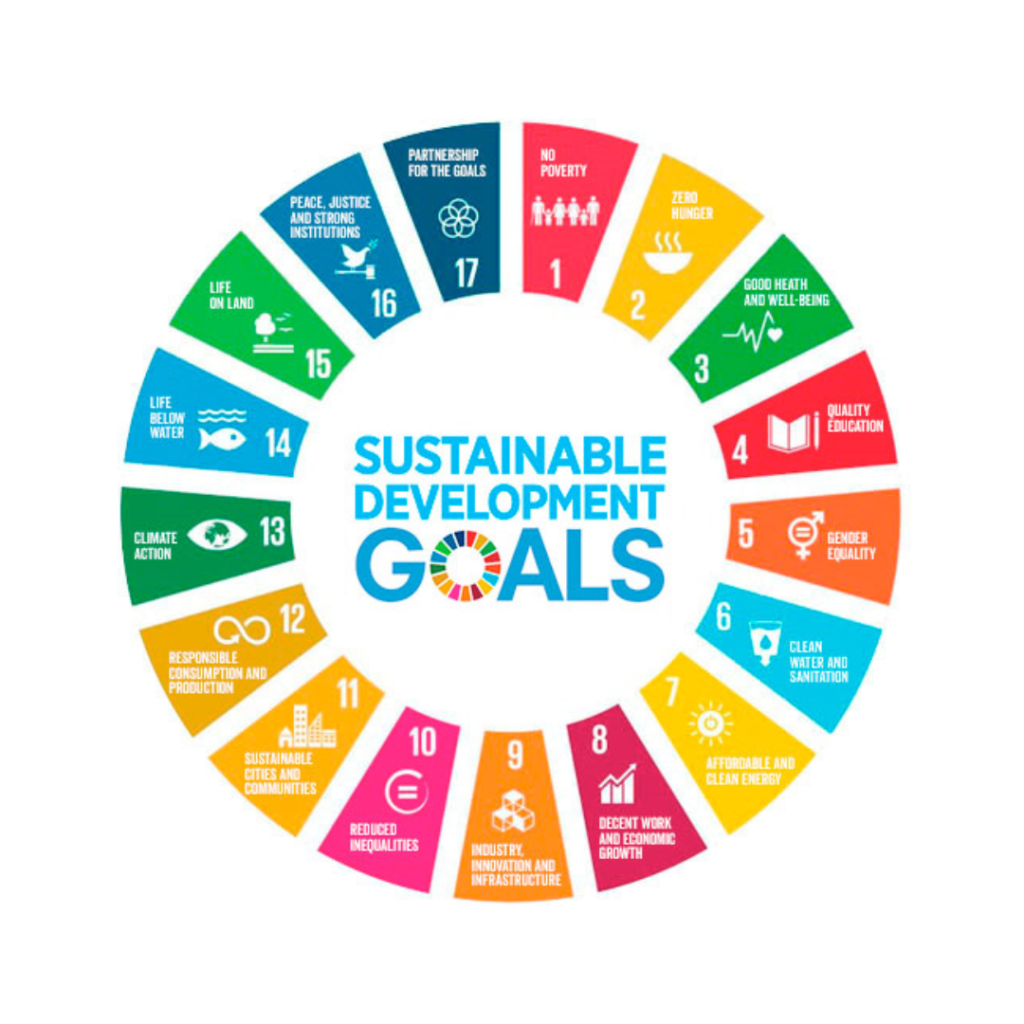Requesting party and partners
Department of Climate and Disaster Management, Jashore University of Science and Technology (JUST) – lead
Department of Gender and Development Studies, Begum Rokeya University, Rangpur (BRUR)
Consortium partners Q-point
Project number : TMT 23-00100

Requesting party and partners
Department of Climate and Disaster Management, Jashore University of Science and Technology (JUST) – lead
Department of Gender and Development Studies, Begum Rokeya University, Rangpur (BRUR)
Consortium partners Q-point
Jashore University of Science and Technology (JUST)
Jashore University of Science and Technology (JUST) is a government-funded university in Bangladesh, established in 2007. JUST’s vision is to promote innovation in science and technology, with a focus on professionalism, technology, and humanism, serving the nation and the world. The university introduced the “Climate and Disaster Management” department in 2019 to create knowledge and skilled personnel for climate and disaster resilience. They aim to incorporate gender, SRHR, and MHM into an independent course, recognizing the overlapping factors affecting people’s experiences with climate change. They stress the importance of gender equality, SRHR, and interdisciplinary approaches in climate and disaster management, emphasizing that true climate justice requires gender equality and SRHR recognition. They plan to research SRHR, vulnerabilities, and climate change to mitigate impacts on vulnerable groups.
Begum Rokeya University Rangpur (BRUR)
Begum Rokeya University is a public state university in Bangladesh, named after the feminist writer Begum Rokeya. Established in 2008, it’s the 30th public university in the country. The Department of Gender and Development Studies, founded in 2011, focuses on social norms and power structures impacting men and women, promoting gender equity in sustainable development. Located in a region prone to climate-induced hazards, the department is working to integrate environment, climate change, and natural disaster issues with a gender and development perspective. SRHR is currently part of a course but will soon be a standalone course, aligning with an intersectional approach to SRHR and climate change.
The challenge climate change poses to access to SRH services is felt most keenly by those who already face discrimination and marginalization (e.g. , internal displaced people, people with disabilities, ethnic minority groups, LGBTQIA + people) and in areas where access to services already is limited (e.g. embankments (“badh”) or resettlement areas).
The impact of climate change on SRHR In Bangladesh is significant. Climate-related natural disasters, such as floods and cyclones, have disrupted access to healthcare services and family planning, leading to increased rates of unintended pregnancy and maternal mortality. Also, GBV and child marriages increase following disasters and extreme weather events. In a society like Bangladesh, women are more susceptible among the vulnerable groups due to gender inequality. In flood-prone and disaster-prone areas, during natural hazards and other disasters, critical family planning services are not available for women in need and pregnant women are at risk of death and injury. Due to socio-cultural norms, women are also not taught how to swim which reduces their chance of survival in disasters such as flood. Other considerations concern relief efforts that do not properly take into consideration health needs of women. Contraception options as well as other health and hygiene products including sanitary pads are often missing from the disaster relief packages. Miscarriage increases in crowded shelter houses. Also prolonged exposure to filthy water during post disaster period causes severe skin diseases and gynecological problems to women. These are just some examples of the adverse impacts of climate change on specifically women’s health. The issue of impact of climate change on health, specifically women’s sexual and reproductive health and rights (SRHR) is being neglected in the national policy of Bangladesh.
This project links directly to SRHR. More specifically it focuses on Sexual and reproductive health and rights with a focus on the Leave No One Behind principle in relation to climate change events and crises situations. It will address the link between climate change resilience and SRHR through a intersectional lens which is considered crucial in the context of Bangladesh.
It translated into three training packages:

3. Good Health and Well-being: Sexual and reproductive health and rights
4. Quality Education: capacity building of the institutions using the Training of Trainers approach.
10. Reduced Inequality
13. Climate action: intersectional lens which is considered crucial in the context of Bangladesh.

Funded by the Dutch Ministry of Foreign Affairs and managed by Nuffic, as part of the Orange Knowledge Programme, project number OKP–TMT 23-00100.
Juli 2023 – juni 2024
